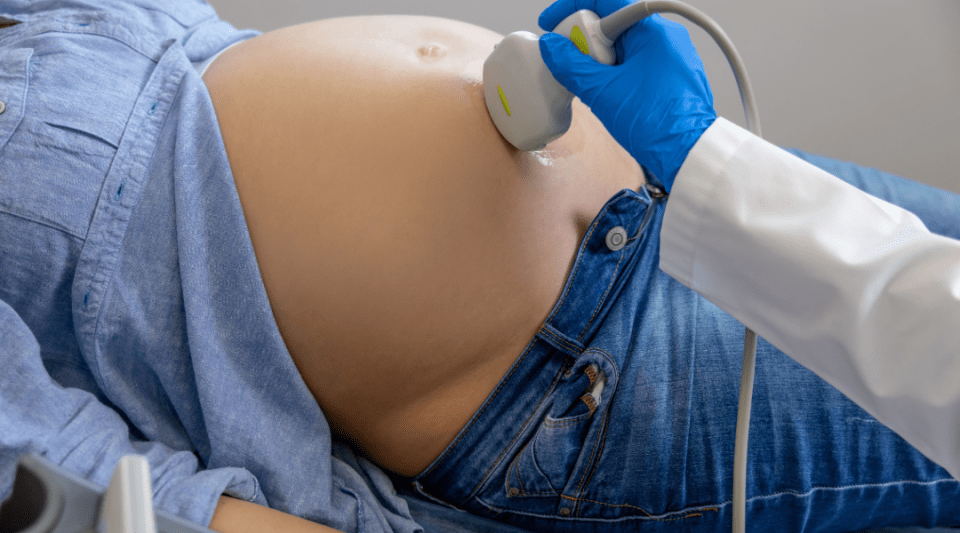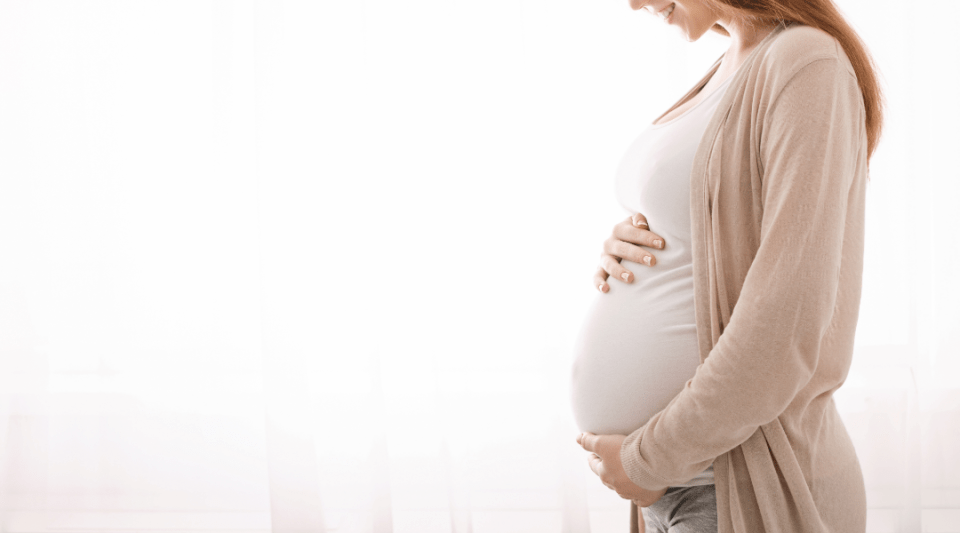Substantiated information by:

Ana Herranz Barbero
Neonatologist
Neonatology Department

Erika Sánchez Ortíz
Nurse
Neonatology Department

Maria Teresa Cobo Cobo
Obstetrician
Maternal–fetal Medicine Department

Marta Arnal Ahulló
Nurse
Neonatology Department

Mª Dolors Salvia Roiges
Neonatologist
Neonatology Department
Published: 20 February 2018
Updated: 20 February 2018
The donations that can be done through this webpage are exclusively for the benefit of Hospital Clínic of Barcelona through Fundació Clínic per a la Recerca Biomèdica and not for BBVA Foundation, entity that collaborates with the project of PortalClínic.
Subscribe
Receive the latest updates related to this content.
Thank you for subscribing!
If this is the first time you subscribe you will receive a confirmation email, check your inbox
An error occurred and we were unable to send your data, please try again later.






